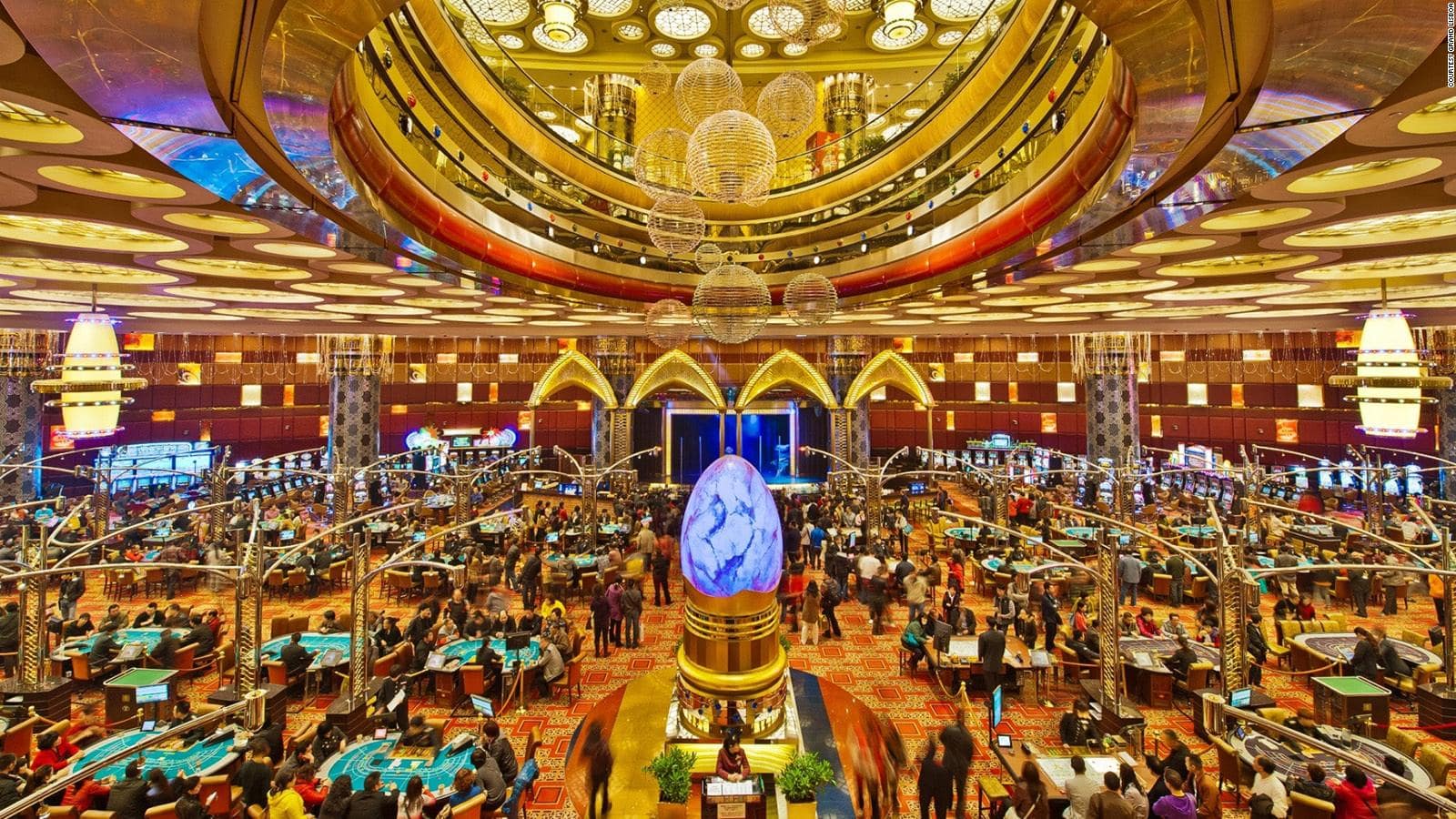
Casino experiences have fascinated players for centuries, evolving from simple pastimes to intricate adventures that integrate luck, strategy, and entertainment. From the ancient roots of gambling in civilizations such as Mesopotamia and Rome to the extravagant corridors of modern casinos, the evolution of these games shows much about the human experience and our relationship with luck. As cultures blended and technological advancements have occurred, casino games have evolved, illustrating shifts in society and advancements in gameplay.
The initial iterations of gambling likely included elementary games involving dice and placing bets on the outcomes of sporting events. Through the years, these basic forms of gambling grew into better-organized games like playing card games, the roulette wheel, and the myriad one-armed bandits that populate the floors of casinos today. Each period brought its own set of rules, design elements, and cultural importance. In the current era, casino games maintain their evolution with the rise of online platforms, enabling players from various parts of the world to participate in a collective experience, further fusing the traditional with the age of technology.
Ancient Roots of Casino Activities
Casino activities have foundations that stretch back to ancient societies, where gambling was deeply embedded in cultural traditions and cultural rituals. The initial known forms of gambling developed in Mesopotamia around 3000 BC, featuring primitive dice activities made from knuckle bones. These early activities laid the groundwork for more advanced gambling games, demonstrating human beings’ innate desire to find fortune and amusement through chance.
As civilizations evolved, so did their betting pursuits. In ancient Chinese culture, around 2300 BC, objects were unearthed that were similar to primitive rudimentary versions of a lottery game. More structured instances of gambling developed in the ancient Roman Empire, where games of luck were a frequent recreation, often taking place in social events. The ancient Romans developed multiple wagering activities, which included dice and table games, illustrating the widespread nature of betting across different economic strata.
With the passage of years, these early activities shaped the development of contemporary gambling activities. In the medieval period, card games grew prevalent in European culture, paving the way for the organized gaming venues we know today. The change from informal betting to organized gambling in taverns and personal houses marked a significant change in how people interacted with games of luck, leading to the subsequent establishment of gaming houses as specialized places for gambling.
The Emergence of Contemporary Gambling Industry
The final 20th century marked a pivotal transition in the realm of gaming, driven by technological progress and shifts in cultural attitudes towards wagering. casino non AAMS The introduction of computers and the internet altered the way players engaged with their preferred games. Online casinos emerged, allowing gamers to enjoy timeless table games like poker and 21 from the safety of their homes. This new online environment not only broadened availability to gambling options but also attracted a newer crowd who found the convenience and diversity attractive.
As online gambling gained traction, so did advancements in casino tech. The advancement of advanced programs and graphics changed conventional gambling games into immersive adventures. Players could now connect with realistic dealers through live streaming, bringing the atmosphere of physical casinos directly into their homes. This blending of in-person play with digital interfaces created a new hybrid model that boosted the social aspect of playing, allowing it possible for people to engage and compete with others around the globe.
Moreover, the emergence of mobile gaming substantially changed the gambling environment. With the widespread use of smartphones and tablets, players can enjoy their beloved gaming options anywhere, at any time. Mobile apps offer a vast array of options tailored for mobile screens, serving the busy lifestyle of modern users. This accessibility has led to increased engagement in gambling, driving the surge of the gambling sector. As a result, the prospects of the gaming industry continues to evolve, adapting to technological advancements and shifting player expectations.
The Impact of Technology on Casino Games
Technology’s advancement has significantly transformed casino games, improving the overall experience for players for gamblers globally. With the introduction of the internet, online casinos were created, allowing players to play their preferred games from the safety of their own homes. This change not only made casino games more available but also expanded the variety of games available, as online platforms could offer many different versions of traditional games without the physical constraints of physical casinos.
The rise of mobile technology further transformed the casino gaming landscape. As smartphones and tablets became widespread, players can to play casino games anytime and anywhere. This mobility has resulted in the development of dedicated mobile applications and optimized websites that offer smooth gaming experiences. Additionally, innovations such as live dealer games have brought the authentic atmosphere of a casino into players’ living rooms, bridging the gap between physical and online gaming.
Moreover, advancements in artificial intelligence and VR are paving the way for the next generation of casino games. AI improves game design and player interaction, creating customized experiences based on user behavior and preferences. Meanwhile, virtual reality provides immersive environments where players can engage in a virtual casino environment, making the gaming experience more exciting and lifelike. As technology continues to evolve, the future of casino games looks promising, filled with endless possibilities for innovation and entertainment.